Category: Ballot measures
-
Oregon, Washington, D.C. to vote on ballot measures that address psilocybin, also known as magic mushrooms
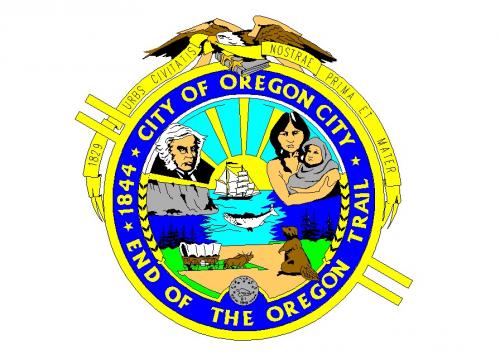
In November, Oregon could be the first state to approve a ballot initiative, Measure 109, that legalizes psilocybin. Washington, D.C., is also voting on a measure related to psilocybin and other entheogenic plants and fungi. Currently, psilocybin, which is derived from certain species of fungi, is listed as a Schedule I controlled substance under the…
-
Statewide ballot measures written at first-year graduate school reading level
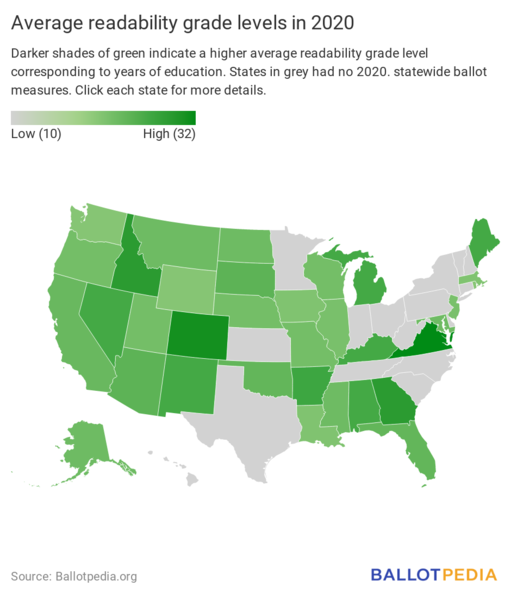
2020 ballot measure readability analysis: ballot language is written at an average reading grade level of 17 (first-year graduate school), down from between 19 and 20 in 2018 The average statewide ballot measure in 2020 is written at a reading grade level of 17, similar to the reading level in first-year graduate school. The 2020…
-
Mark Zuckerberg donated $500,000 to campaign supporting Oregon Measure 110, the Drug Decriminalization and Addiction Treatment Initiative

Chan Zuckerberg Initiative (CZI), Mark Zuckerberg’s public advocacy fund, donated $500,000 to More Treatment for a Better Oregon: Yes on 110, the campaign sponsoring Measure 110. Oregon Measure 110 would make personal non-commercial possession of a controlled substance no more than a Class E violation (max fine of $100 fine) and establish a drug addiction…
-
Nebraska Governor Ricketts donated $100,000 to campaign opposing state’s three gambling initiatives

Nebraska Governor Pete Ricketts (R) donated $100,000 to Gambling with the Good Life, the campaign opposing Initiatives 429, 430, and 431. Together, the initiatives would authorize, regulate, and tax gambling at licensed horse racetracks. Gambling with the Good Life reported receiving over $139,000 in cash contributions. The other top two donors to the campaign were…
-
30 committees supporting and opposing Colorado’s November ballot measures have raised over $39 million, spent over $32 million
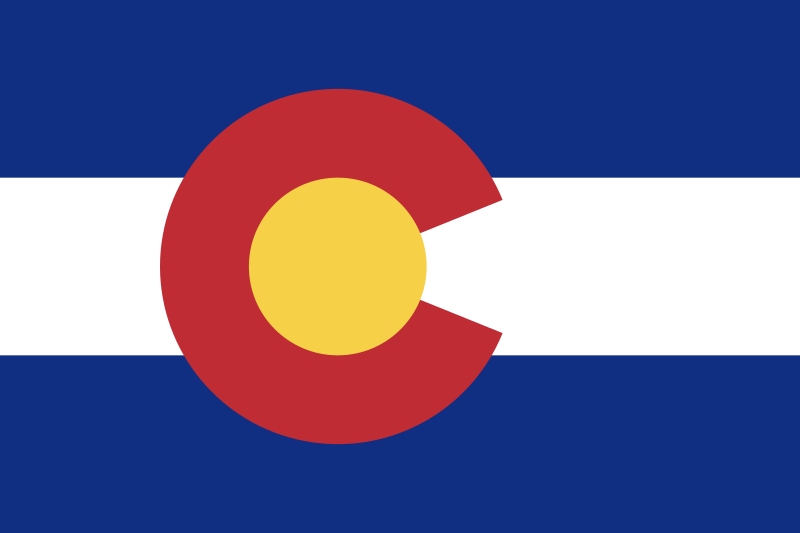
Eleven statewide ballot measures are certified to appear on the November 3 ballot in Colorado. Ballotpedia identified 30 committees supporting and opposing 10 of the measures. The 30 committees had raised $39,321,079.49 and had spent $32,226,098.34 according to reports due on October 5 that covered information through September 30. The next reports are due on…
-
Montana voters to decide five ballot measures related to firearms, marijuana, and the initiative process in November
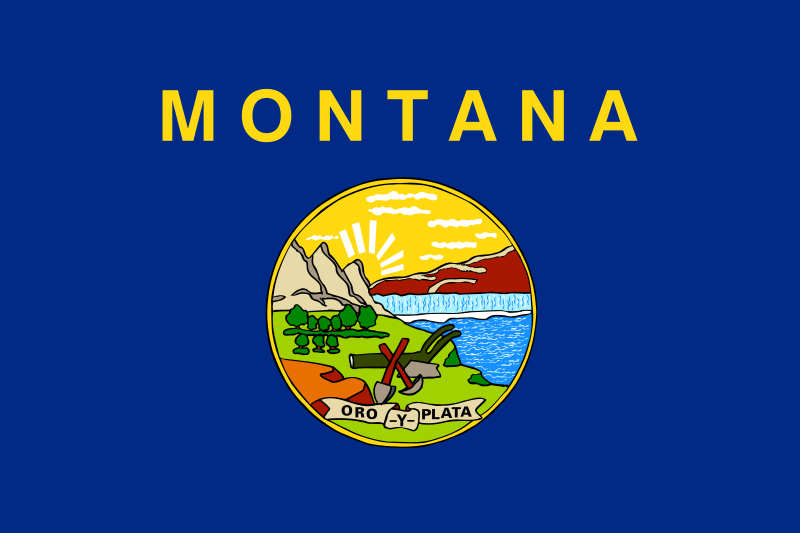
Montana voters will decide five statewide ballot measures on November 3 concerning firearms, marijuana, and the ballot initiative process. The two citizen initiatives on the ballot—CI-118 and I-190—were sponsored by New Approach Montana and are designed to legalize recreational marijuana in the state. CI-118 would amend the Montana Constitution to authorize the legislature or a…
-
What statewide ballot measures will Washington voters decide on November 3?
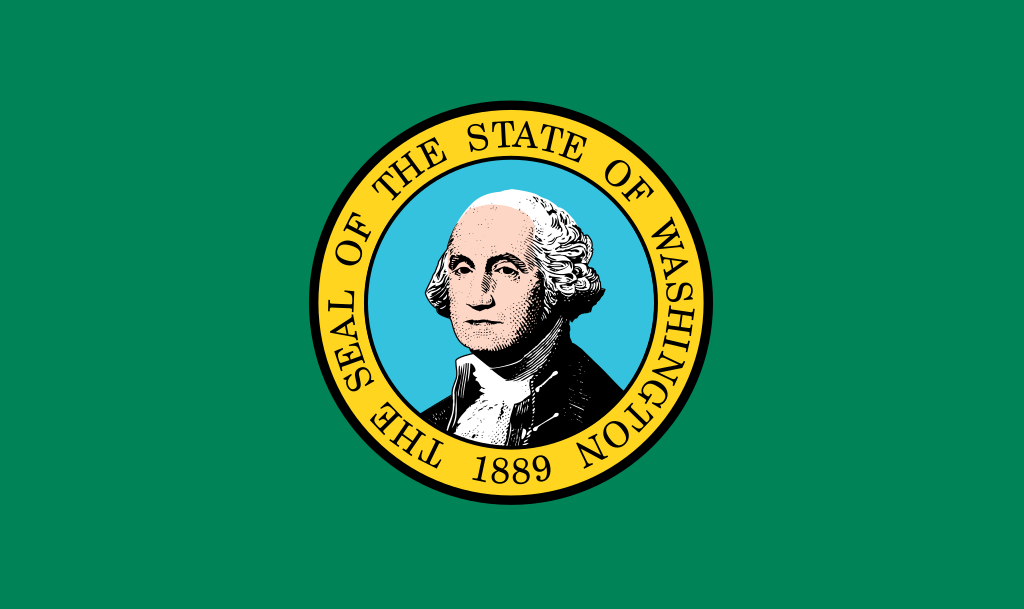
Voters in Washington will decide six statewide ballot measures on November 3: two binding measures and four nonbinding tax advisory questions. This year is the first presidential election year since 1928 in which the Washington ballot will not feature an Initiative to the People (ITP), a citizen-initiated state statute for which groups collect signatures to…
-
Campaign contributions to California’s 12 November ballot measures exceed $500 million
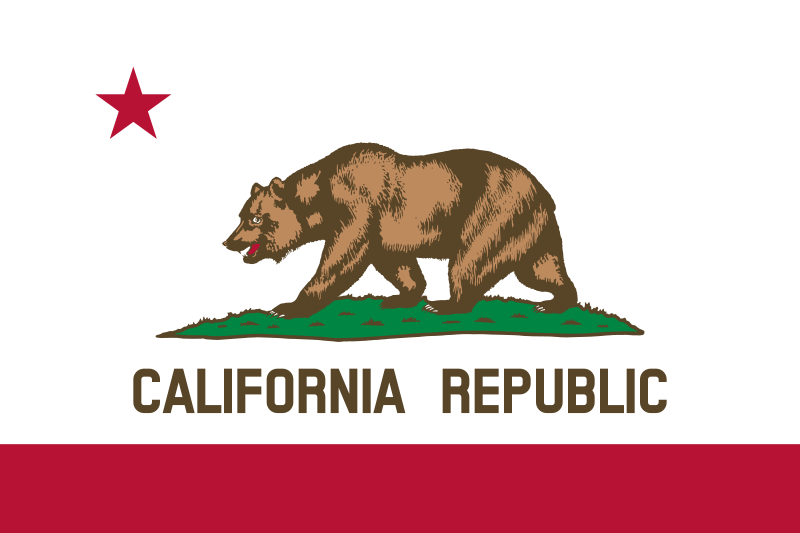
In California, more than $525 million has been raised to support or oppose this year’s 12 general election ballot measures through September 19. The next campaign finance deadline—and the final one before the election—in California is October 24. So far, there are four ballot measures that have seen more than $50 million raised. Proposition 22,…
-
Arkansas Supreme Court removes third citizen initiative from November ballot, leaving three legislative referrals for voters to decide
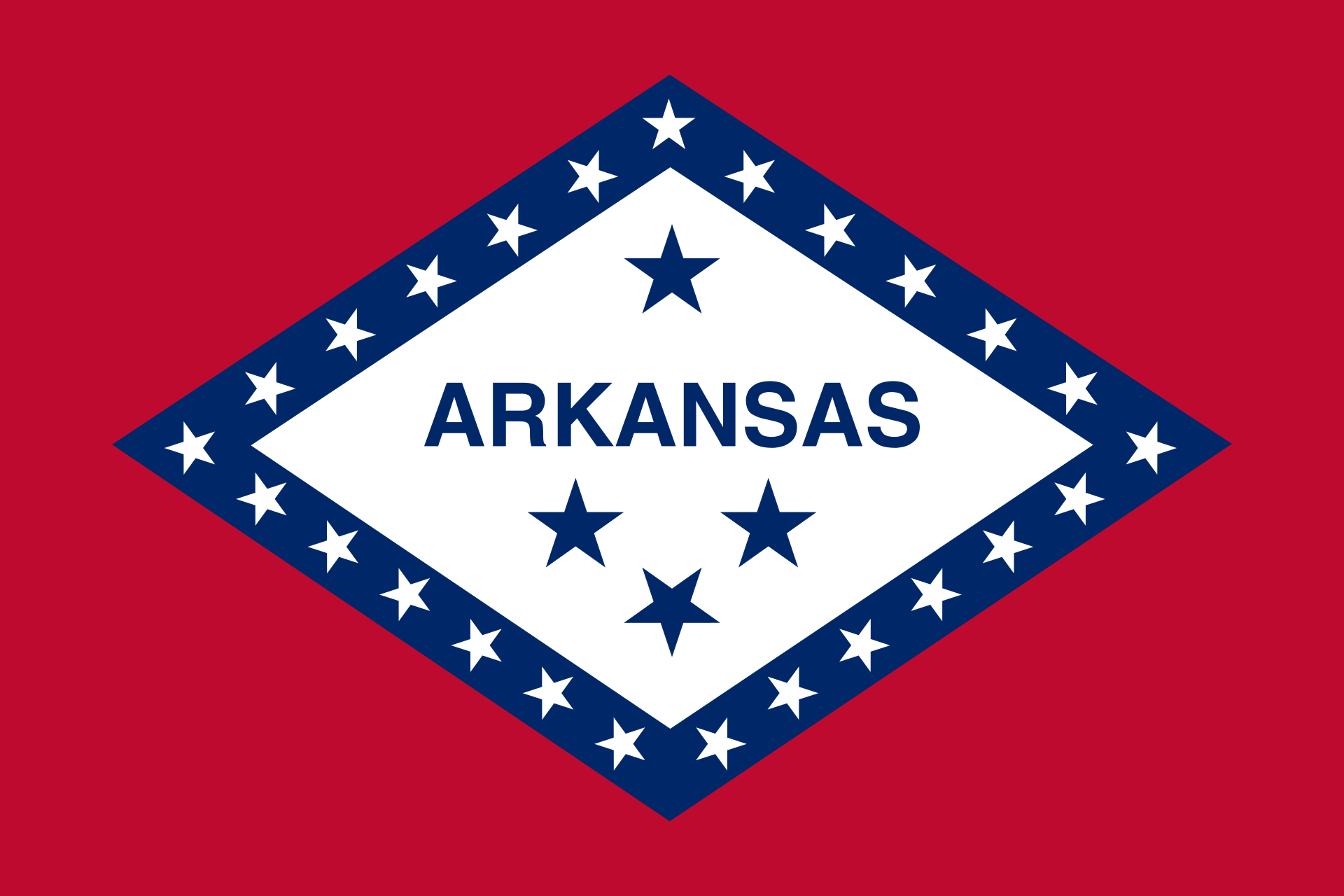
On September 17, the Arkansas Supreme Court removed Issue 6 from the November ballot. The referendum would have allowed voters to either repeal or uphold Act 579, which was designed to amend the definition of practice of optometry to allow optometrists to perform certain surgical procedures that were previously only performed by ophthalmologists. A yes…
-
Finalized Nov. 3 ballot measures: election policy, marijuana, and tax trends; campaign finance records; unique measures on wolves, mushrooms, state flag design, and more
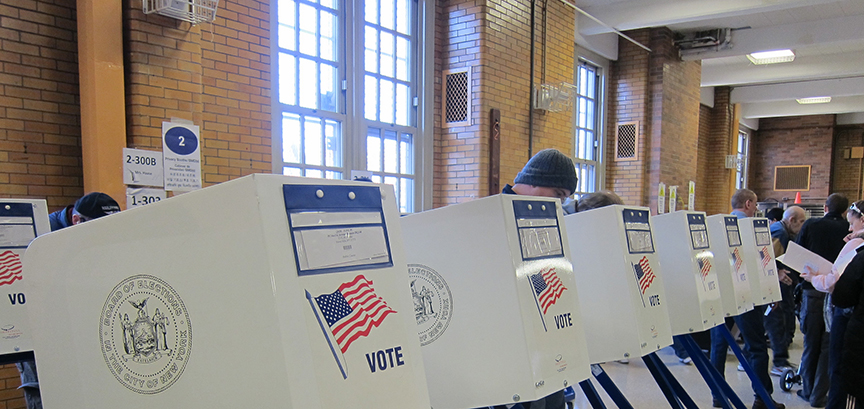
One hundred and fifteen statewide ballot measures will appear on November 3, 2020, ballots in 32 states, barring further court-ordered changes. Together with eight pre-November ballot measures, 123 statewide measures will go before voters in 2020. This is 29% less than the average of 173 statewide measures in even-numbered years from 2010 through 2018. Forty-three…

